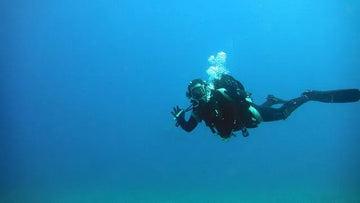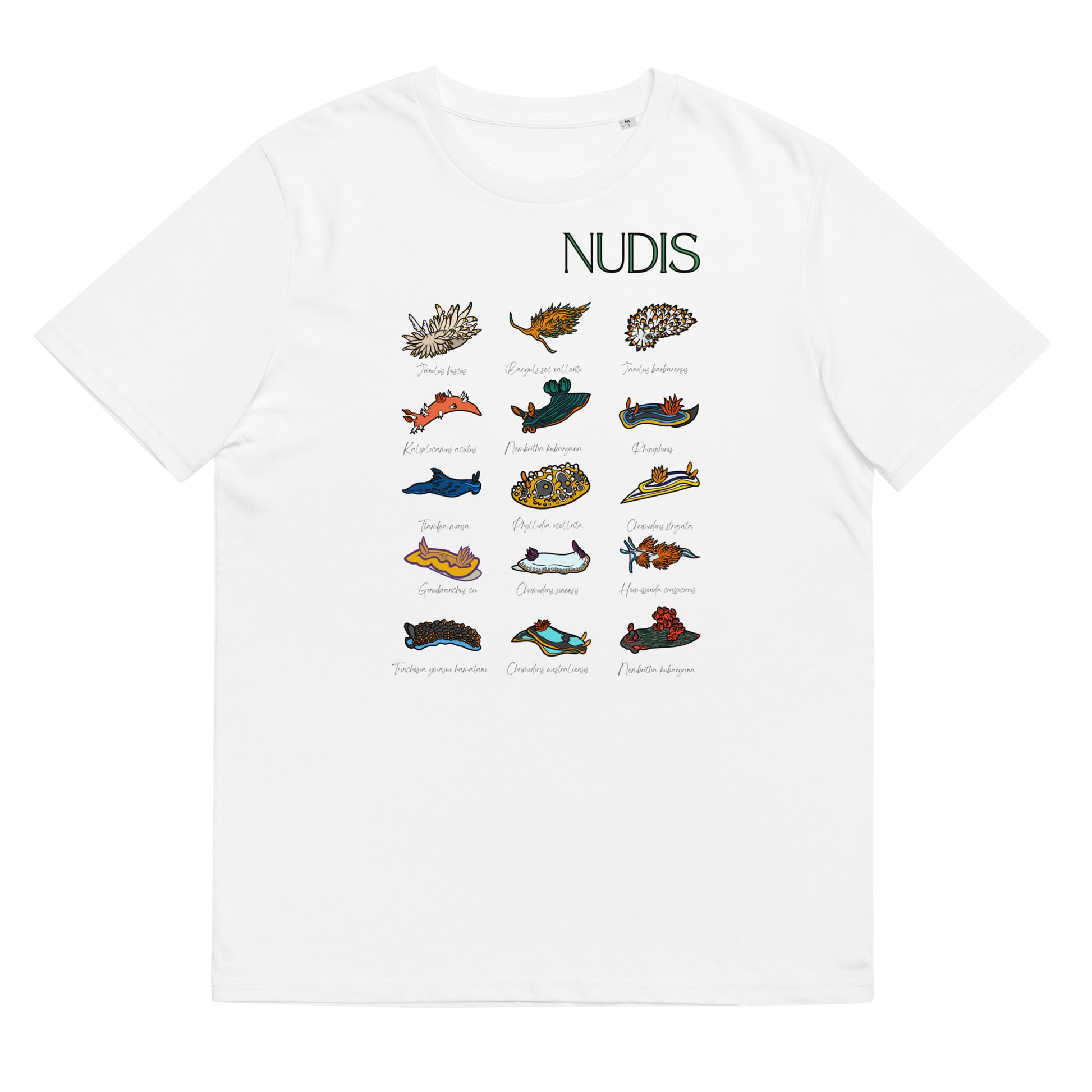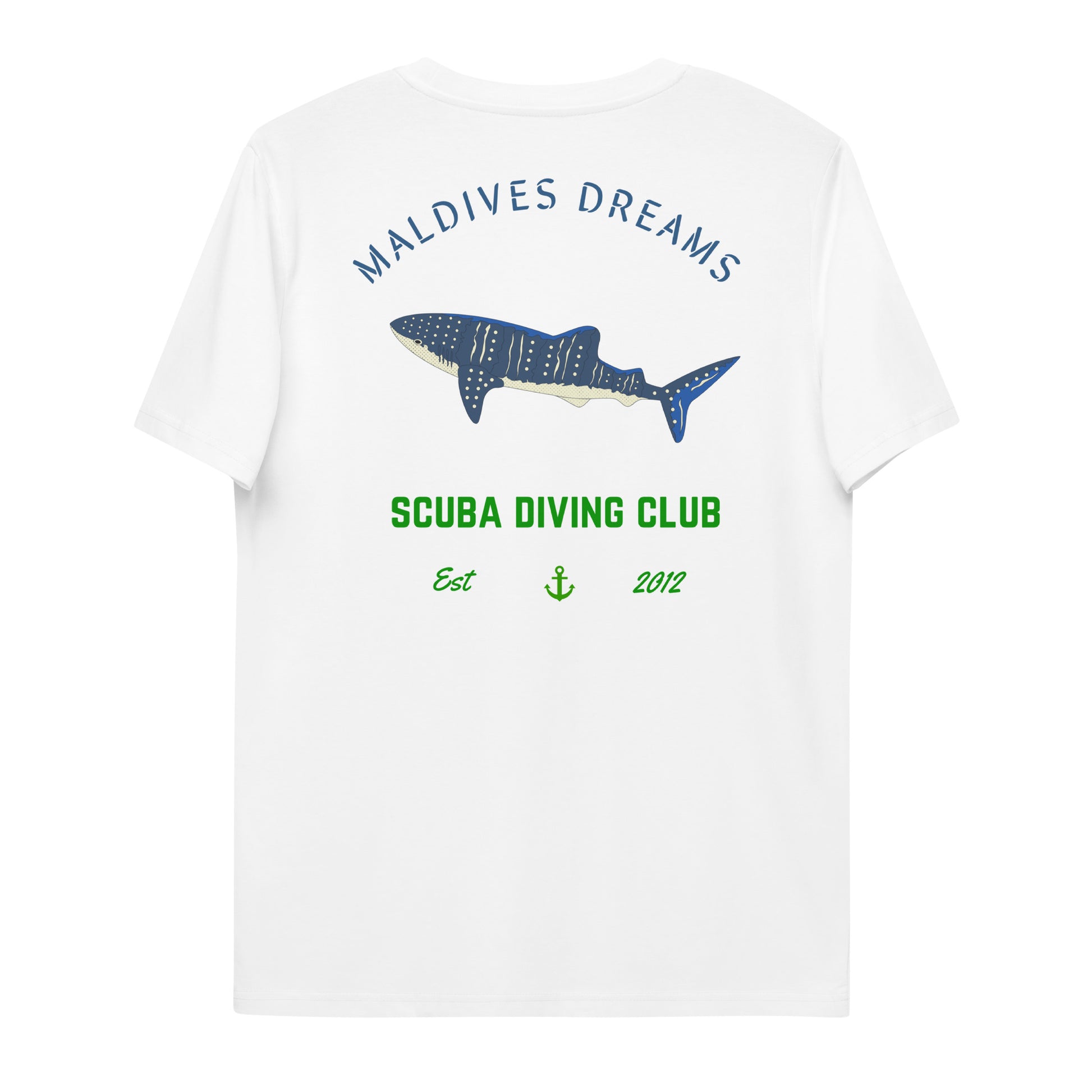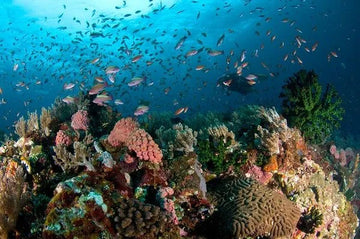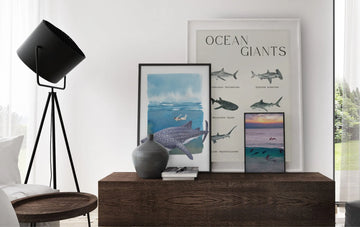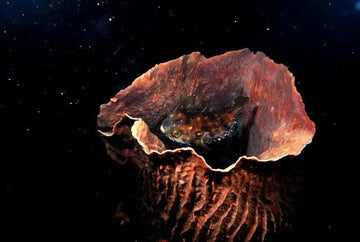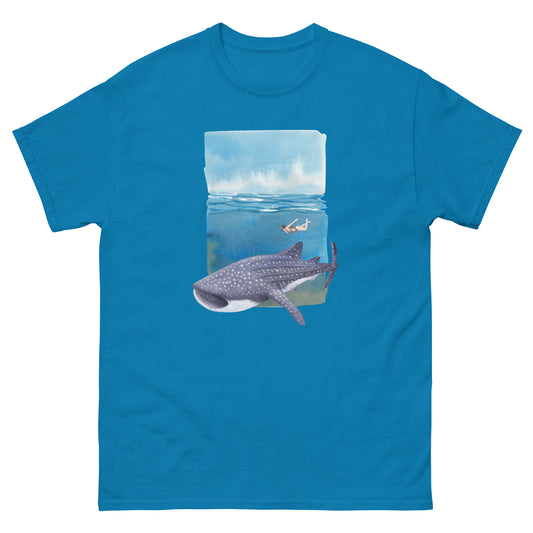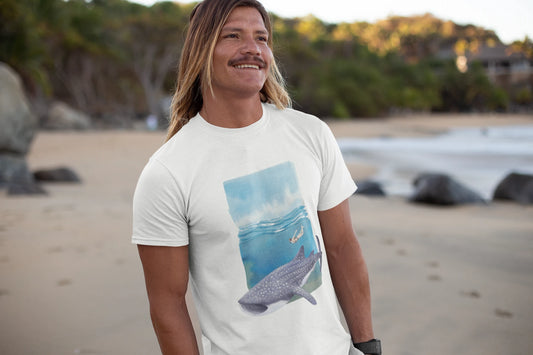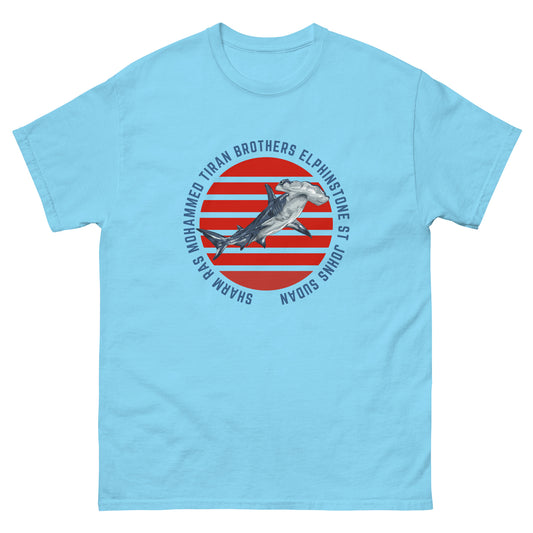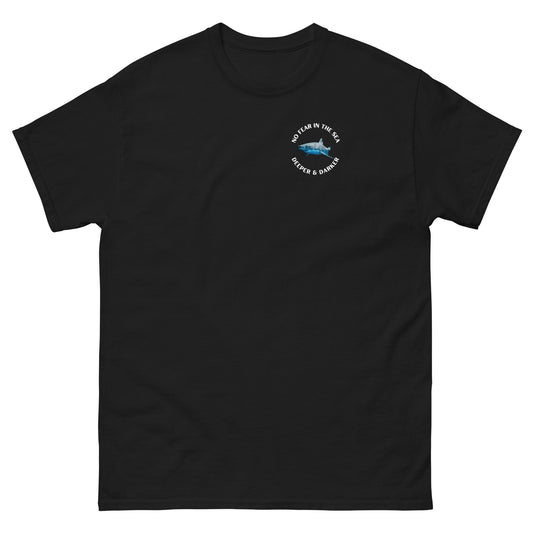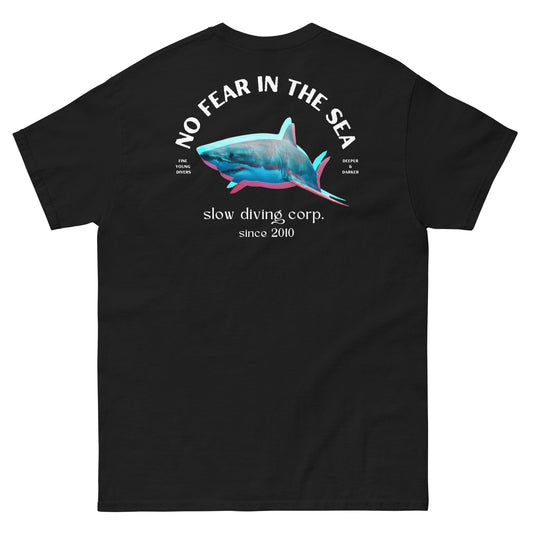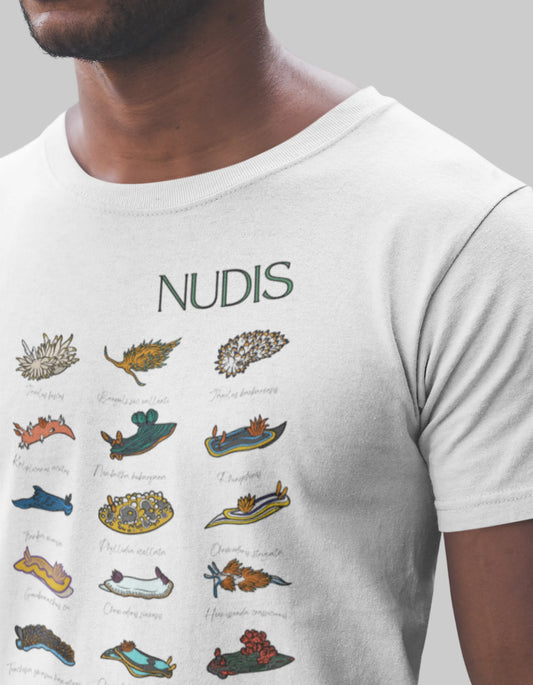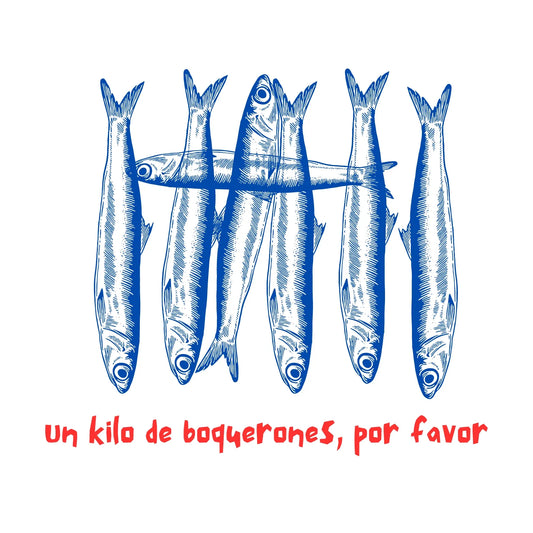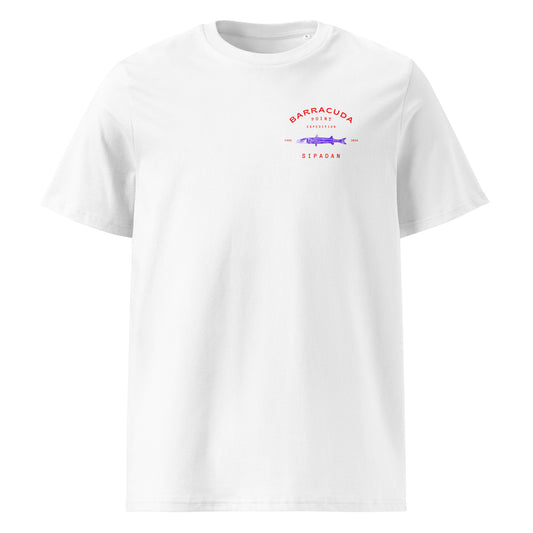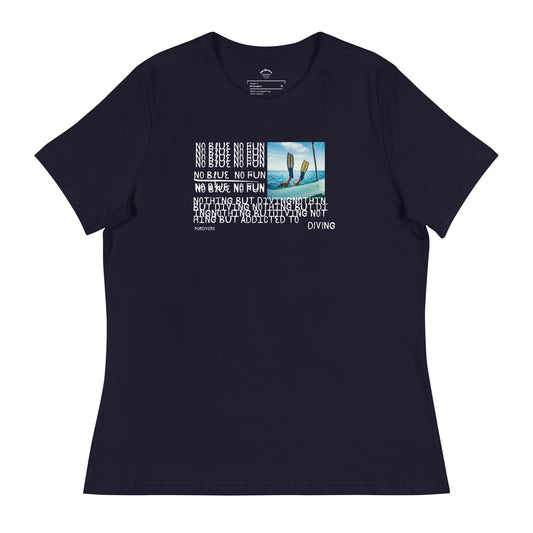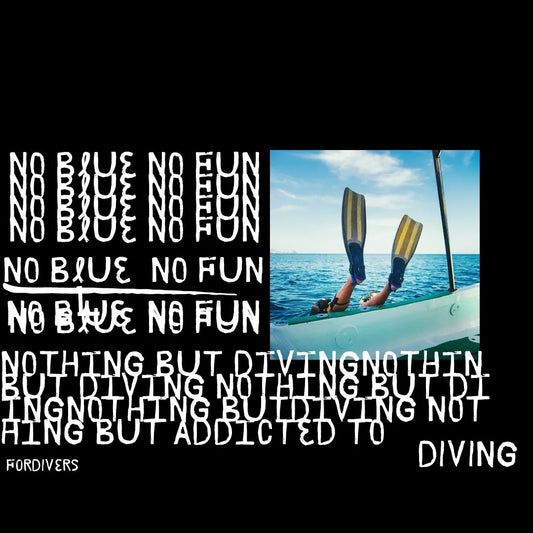When you start diving, one of the biggest obsessions is to use as little air as possible on each dive. It is normal for novice divers to be concerned with staying underwater as long as possible to avoid forcing their more experienced buddy to come up with 120 bars. Although this obsession is more common in open water, there are also divers with many dives who try to optimize their air consumption on every dive. Follow these seven tips and you'll be able to stay underwater longer and longer.
Improve your trim
By achieving neutral buoyancy, you present less resistance to the water and require less effort to move.
Choose your weights wisely
If you choose more weight than is good for you, it will be impossible to maintain good buoyancy and you will waste more air. The general rule is to use about 10% of your weight as ballast weight, but it is best to experiment with different weights and configurations, try it on your BCD and on your belt... dive with different weights and stick with the one you are most comfortable and agile with.
Use a regulator that you are comfortable with
T-shirts designed by divers for divers
VIEW MORE T-SHIRTS FOR DIVERS
If you have a good regulator that is easy to breathe with and you don't have to strain to get air, you will be more relaxed and therefore use less. Also remember to keep both the octopus and the regulator close to your body, they will offer less resistance to the water and you will have to flap less to move.
Breathe slowly and deeply
It is important that you expel as much air as possible from your lungs with each exhalation so that new air can enter your lungs, so it is essential that you breathe slowly and deeply. In this way you will be more relaxed, your muscles and brain will be better nourished and you will be in a better frame of mind to enjoy the dive.
Dive
It seems obvious but many novice divers swim rather than dive, using their arms to move around. Get good buoyancy, use your fins and keep your arms under your chest or abdomen, you will save air.

Dive, don't walk
Relax
This is the most important factor in using less air. Although it is difficult in the first few dives, time and experience will allow you to relax more and more and you will see your air consumption decrease. If you enjoy diving, you will eventually relax.
Don't obsess about air consumption
Like runners who look at their watch every 2 minutes to check their heart rate, if you are constantly looking at the gauge to see how fast you are using air, you will be using it up in no time and you will not be enjoying the dive. If you stop obsessing about how much air you are using, you will relax, breathe deeper and slower, your muscles and brain will get more oxygen, you will adopt a more comfortable diving position, and you will end up spending more time underwater. Look at the gauge, but remember that you are diving to see the environment, not the gauge.
Don't worry about spending less time than you'd like, or about your buddy having to come up with a half-full tank. No one is born knowing how to dive, and we all "drank the tank" on our first dives. Be patient, relax and enjoy breathing underwater, you are privileged.

